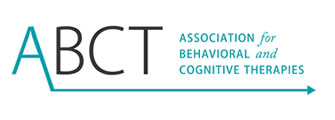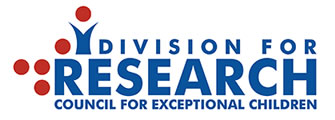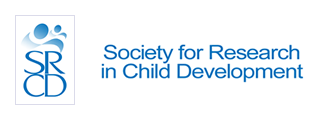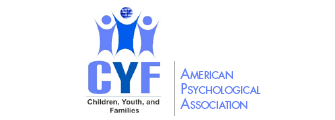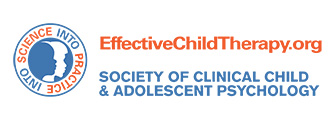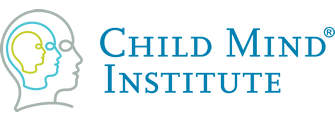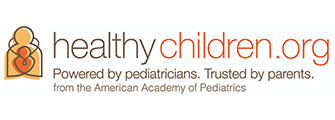
Learning to read is at the center of every child’s education but sometimes, and often unexpectedly, many students struggle to master this needed skill. This difficulty learning to read, called dyslexia, is more common than people may think. Dyslexia affects an estimated 20% of the population. It is believed that dyslexia is not related to low intelligence. This means that your child may be bright, but struggle with reading and academics. Many intelligent people have difficulty learning to read. Dyslexia is referred to as Specific Learning Disorder (SLD) in the Diagnostic and Statistical Manual of Mental Disorders, Fifth Edition (DSM-5), which represents a cluster of learning challenges in reading, writing, or math. While you may see the terms SLD, or SLD in Reading used, specific difficulty in reading and “phonological awareness”, is still usually referred to as dyslexia. Phonological awareness is a foundational reading skill involving identification of sounds associated with letters and words.
What Causes Dyslexia?
Dyslexia is caused by the naturally occurring differences in the human brain and the way that people use their brains. We need people to have brains that function differently to ensure our survival and solve problems. People with dyslexia have their own set of unique strengths but struggle learning to read. This reading difficulty is located in a very specific part of the language system called “phonological processing.” Language, both spoken and written, is made up of sounds. These sounds are combined to make words that carry meaning. Difficulty processing the sounds of language – and attaching them to letters and words – create a barrier for unlocking this code which we call reading.
Diagnosing Dyslexia
Dyslexia can sometimes be difficult to diagnose. Teachers and parents who are unfamiliar with the causes of dyslexia may attribute challenges in reading to problems related to behavior, development, and/or lack of motivation, preventing an accurate diagnosis. Identifying dyslexia earlier rather than later, and providing the appropriate support, is critical for both the child’s educational and emotional well-being. Dyslexia is usually diagnosed by a clinical psychologist who specializes in assessing children with learning challenges. Your child’s school may also perform testing to help identify reading and learning problems that might qualify them for in-school services in reading.
Common signs of dyslexia include:
- An unexpected problem learning to read
- A difference between oral comprehension and the ability to read texts
- Mispronunciation of familiar words
- Difficulty recognizing rhyming words
- A history of reading problems in the family
- An inability to sound out simple words
These signs of dyslexia may be noticed as early as preschool and during the primary grades. If a parent notices these signs, it is important to provide support sooner rather than later. For examples of signs at different ages refer to: https://dyslexia.yale.edu/dyslexia/signs-of-dyslexia/
Common Myths
Although we understand more now about dyslexia than we have in the past, there is still a lot of misinformation and myths surrounding the topic of dyslexia. Here are a few.
| Myths | Facts |
| Kids with dyslexia see letters backwards. | Dyslexia is a problem with language and not vision. |
| Dyslexia is rare. | 1 in 5 people have dyslexia. |
| Kids with dyslexia aren’t smart. | Dyslexia is not related to intelligence but in how the brain processes language. |
| Kids with dyslexia just need to try harder. | Students with dyslexia are often working harder than their peers. |
| Dyslexia will go away once kids learn how to read. | Although the appropriate reading intervention definitely helps, dyslexia is related to how the brain functions, and it affects more than the ability to read. |
Reading Interventions
Once a student has a diagnosis, it is important that intensive reading interventions are provided. The International Dyslexia Association recommends a Structured Literacy Approach. This intervention includes:
- Building awareness of the individual sounds in spoken words (phonemic awareness)
- Letter/sound correspondences (phonics)
- Spelling patterns
- Studying prefixes, roots, base words, and suffixes (morphology)
- Structure of language (syntax)
- Comprehension of both oral and written language
Effective literacy instruction should use the following principles:
- Explicit: The teacher should explain concepts in a clear and concise manner.
- Systematic: The skills taught should be organized so that new learning builds on previously learned skills.
- Active, engaging, and multimodal (multisensory) learning: For examples of this learning approach, refer to multisensory techniques to teach reading.
- Ongoing assessment of skills.
Remember that Dyslexia has Advantages
Difficulty learning to read can make life at school a challenge. For this reason, it is important to recognize advantages to having dyslexia. Teachers and parents need to recognize these characteristics and foster their development. Here are just some strengths attributed to people with dyslexia:
- Excellent comprehension of concepts and ideas presented orally
- Ability to understand the big idea
- Demonstrate the ability to think creatively
- Able to solve problems
- Great listening vocabulary
Understanding Dyslexia
It is important to understand dyslexia and the steps needed to support those with this challenge. It is equally important to understand the experience of having dyslexia. To lessen the embarrassment often associated with trouble learning to read, it is important to remember that dyslexia is not the fault of the student and that much can be done to support academic success. Adopting this mindset will ease some of the emotional strains those with dyslexia may experience and set them on the path to discovering their own unique strengths and talents.
For more information on dyslexia, refer to:
https://dyslexia.yale.edu/dyslexia/what-is-dyslexia/
https://dyslexiaida.org
https://www.youtube.com/watch?v=zafiGBrFkRM What is Dyslexia?
Barry, P., & Voulgarakis, H. (October 28, 2021). Defining Dyslexia: Why Do Some People Have Difficulty Learning to Read? http://infoaboutkids.org/blog/defining-dyslexia-why-do-some-people-have-difficulty-learning-to-read

